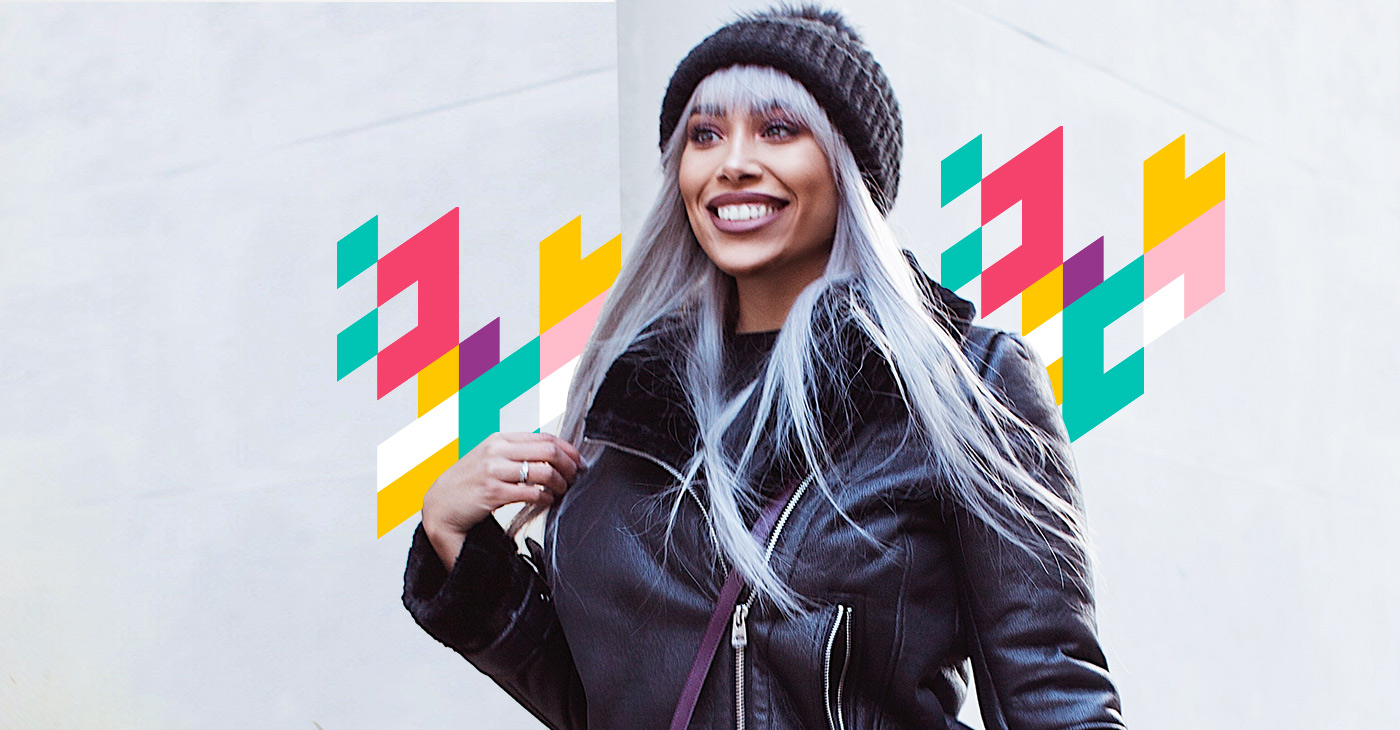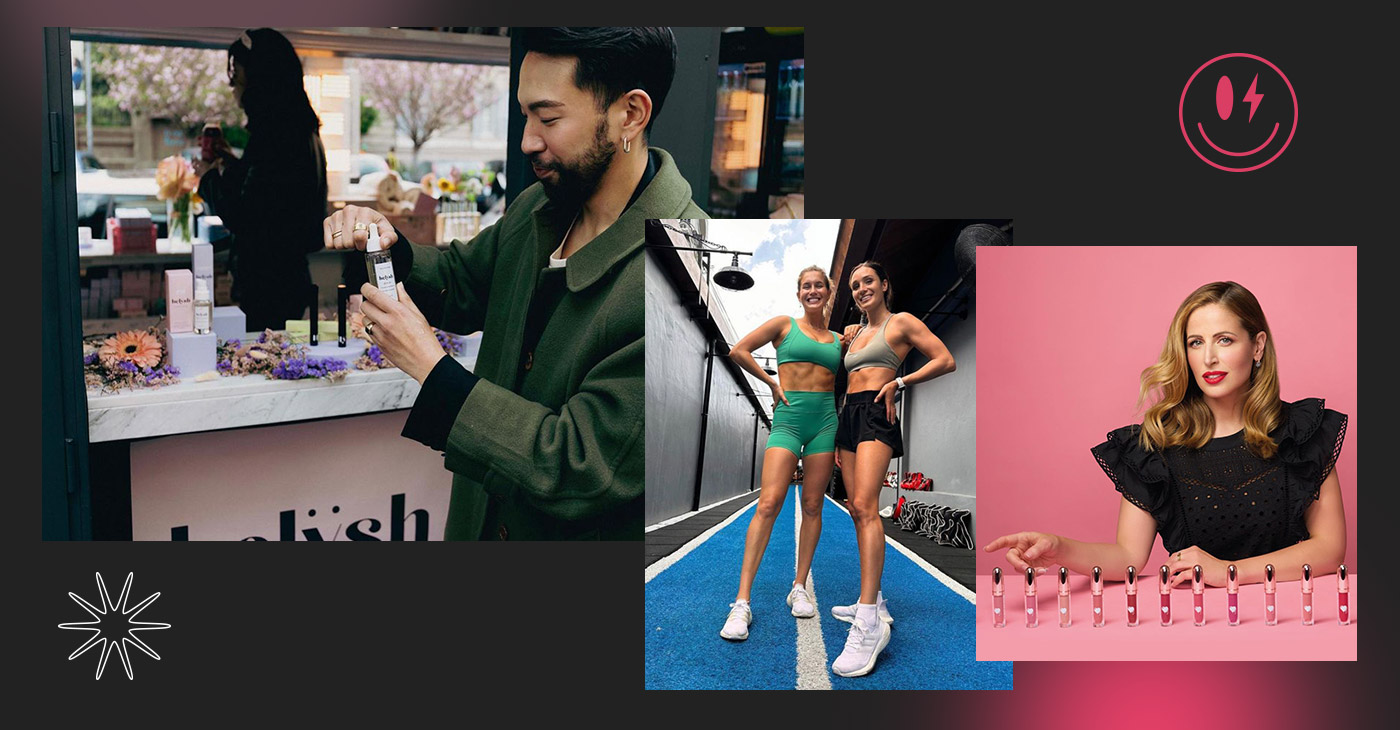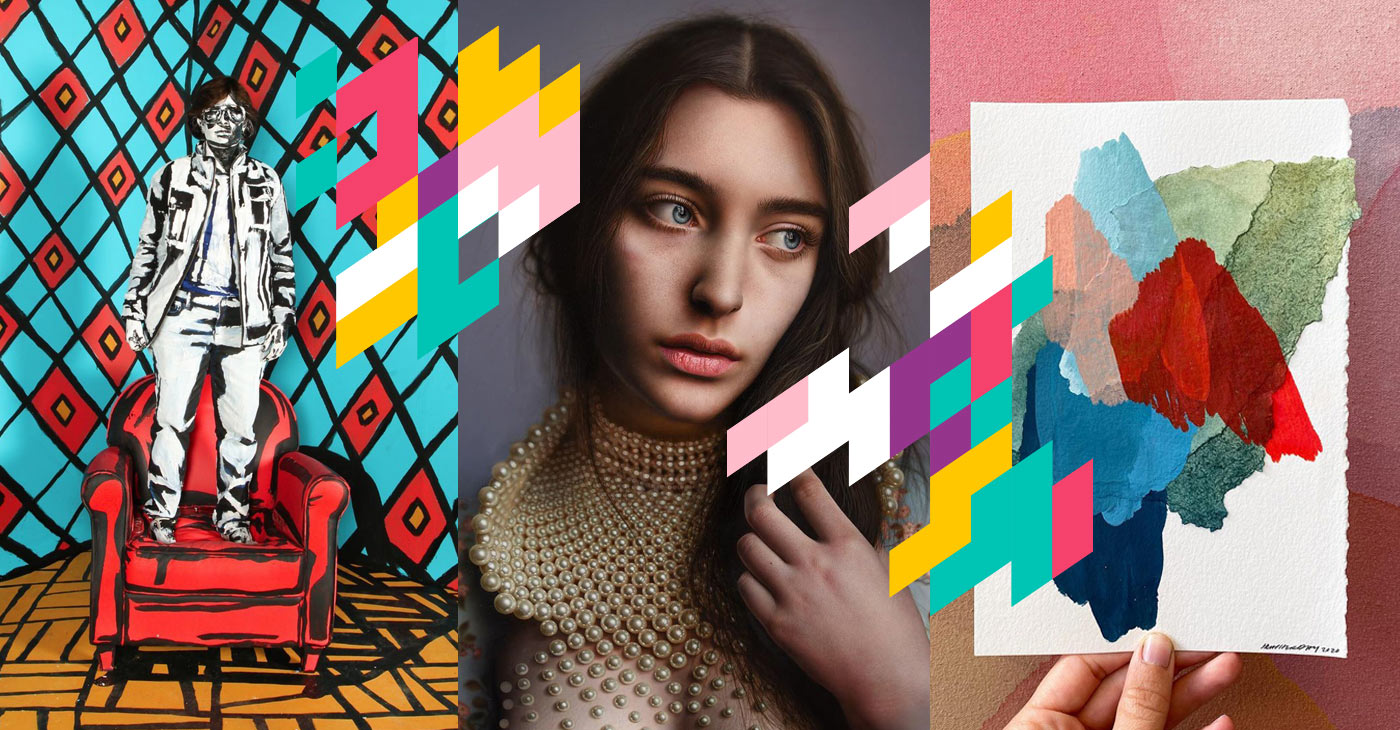Oggi celebriamo la giornata Internazionale delle Donne e vogliamo farlo parlando del loro contributo nell’Influencer Marketing.
Il mondo del tech è stato storicamente un settore particolarmente difficile per le donne, soprattutto durante i primi decenni della rivoluzione digitale con la diffusione del World Wide Web e i rapidi sviluppi della digital economy. Ma finalmente sta cambiando qualcosa: l’anno scorso l’Islanda ha emanato la prima legge sulla parità salariale. Da allora l’argomento ha acquisito uno slancio particolare sui media, l’uguaglianza di genere e le lacune salariali sono diventate argomenti chiave sul posto di lavoro. Tuttavia secondo i nuovi dati del governo britannico, in Gran Bretagna gli uomini quattro volte più delle donne guadagnano stipendi a 6 cifre. E in realtà la situazione non è molto migliore nella Silicon Valley, dove le donne non solo guadagnano meno, ma potrebbero anche essere premiate con meno equity. Le recenti lotte di classe e le cause contro alcuni dei più importanti giganti tecnologici del mondo hanno dimostrato che la bolla sta per scoppiare e il problema non può più essere ignorato.
Per quanto riguarda l’ambito dell’Influencer Marketing, la storia è fortunatamente molto diversa. Probabilmente non è un segreto che l’Influencer Marketing sia una questione femminile. Secondo i nostri dati, il 59% dei Creator scelti dalla nostra tecnologia basata su AI (e ovviamente approvati dai nostri clienti!) per partecipare alle nostre campagne di Influencer Marketing sono donne. Dominano in categorie come Food & Drink (60%) e Home & Garden (65%), così come nei settori più forti dell’Influencer Marketing, Beauty (74%) e Fashion (61%).
I nostri dati mostrano che le donne rappresentano anche il 61% del pubblico raggiunto dalle nostre campagne, il che denota che le donne hanno maggiori probabilità di seguire i canali social dei creator. Un recente rapporto mostra che il 62% delle donne segue gli Influencer su almeno due piattaforme social. Ciò non sorprende, dato che formano la maggioranza degli utenti su Facebook, Twitter, Pinterest e Instagram.
Ciò che è ancora più interessante da osservare è che il 61% di loro ha affermato di non voler interagire con contenuti che non sembrano genuini. Dimenticate Kendall Jenner e le Kardashian – che ancora dominano le classifiche dei post sponsorizzati su Instagram con il più alto engagement insieme a Cristiano Ronaldo – le donne amano i contenuti autentici e genuini, e che difficilmente provengono dal feed Instagram di una celebrity. Le donne sono state “early adopters” nella sfera dell’Influencer Marketing e hanno acquisito molta familiarità con questo nuovo canale emergente. Apparentemente uno dei motivi principali è che sono più propense a condividere rispetto agli uomini.
Tutto ciò ha generato anche un’ondata di critiche relative ai modi a volte inappropriati, strumentali e anche sbagliati di ritrarre le donne nelle pubblicità. Le donne hanno combattuto per anni contro i canoni di bellezza stereotipati delle pubblicità a favore invece di contenuti più reali. Pensa all’avvento delle modelle curvy e all’attivismo online in supporto di campagne che valorizzano le diversità dei corpi femminili. Le donne sono più entusiaste di approfondire il “potere del reale” messo in luce dai creatori di contenuti.
A Buzzoole, abbiamo una ripartizione equilibrata tra i generi sia tra i nostri dipendenti (45%) sia tra i dirigenti del consiglio di amministrazione (tre su otto sono donne). Senza dubbio c’è ancora molto da fare, ma dobbiamo ammettere che possiamo guardare al futuro con ottimismo.
ph: @lailaloves
Questo articolo è disponibile anche in: Inglese


